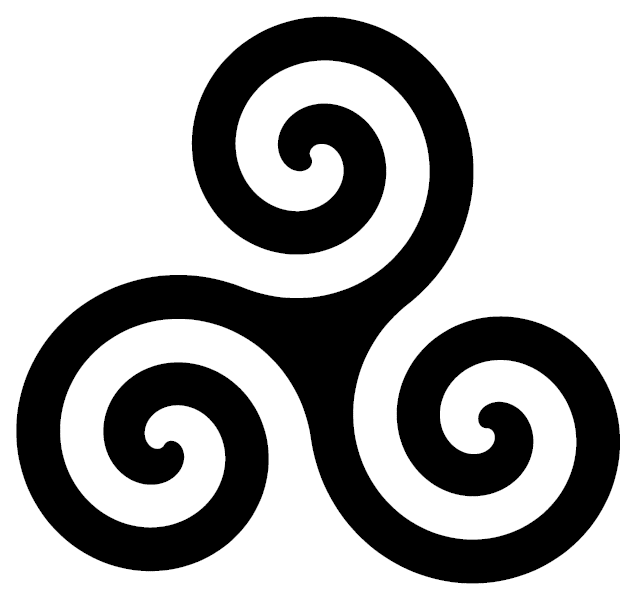 |
Craig White's Literature Courses Mystery |
 Agricultural adornment of Demeter; thanks to http://www.esotericonline.net/group/eleusinianmysteries |
Oxford English Dictionary. Mystery.
etymology: classical Latin mystērium secret, (plural) secret rites, in post-classical Latin also mystical or religious truth (Vetus Latina), (plural) Christian rites (late 2nd cent. in Tertullian), the Eucharist, the elements used in the Eucharist (4th cent.)
I. Theological uses 1. Mystical presence or nature; mystical significanceII. Non-theological uses.5. a. A hidden or secret thing; something inexplicable or beyond human comprehension; a person or thing evoking awe or wonder but not well known or understood; an enigma.
7.a. A secret rite of an ancient religion or occult society to which only the initiated are admitted.
Contemporary examples:
Freemasonry, temple rites, orders of initation (32nd degree?)
Boy & Girl Scouts + "special orders"
Martial arts studios?
Mormon temples, baptizing the dead, etc.
How comparable to Dionysian?
sense of belonging, unity among creatures
sense of being lifted out of normal world or order into special status, ecstatic union with fellow worshippers and / or divinity.


